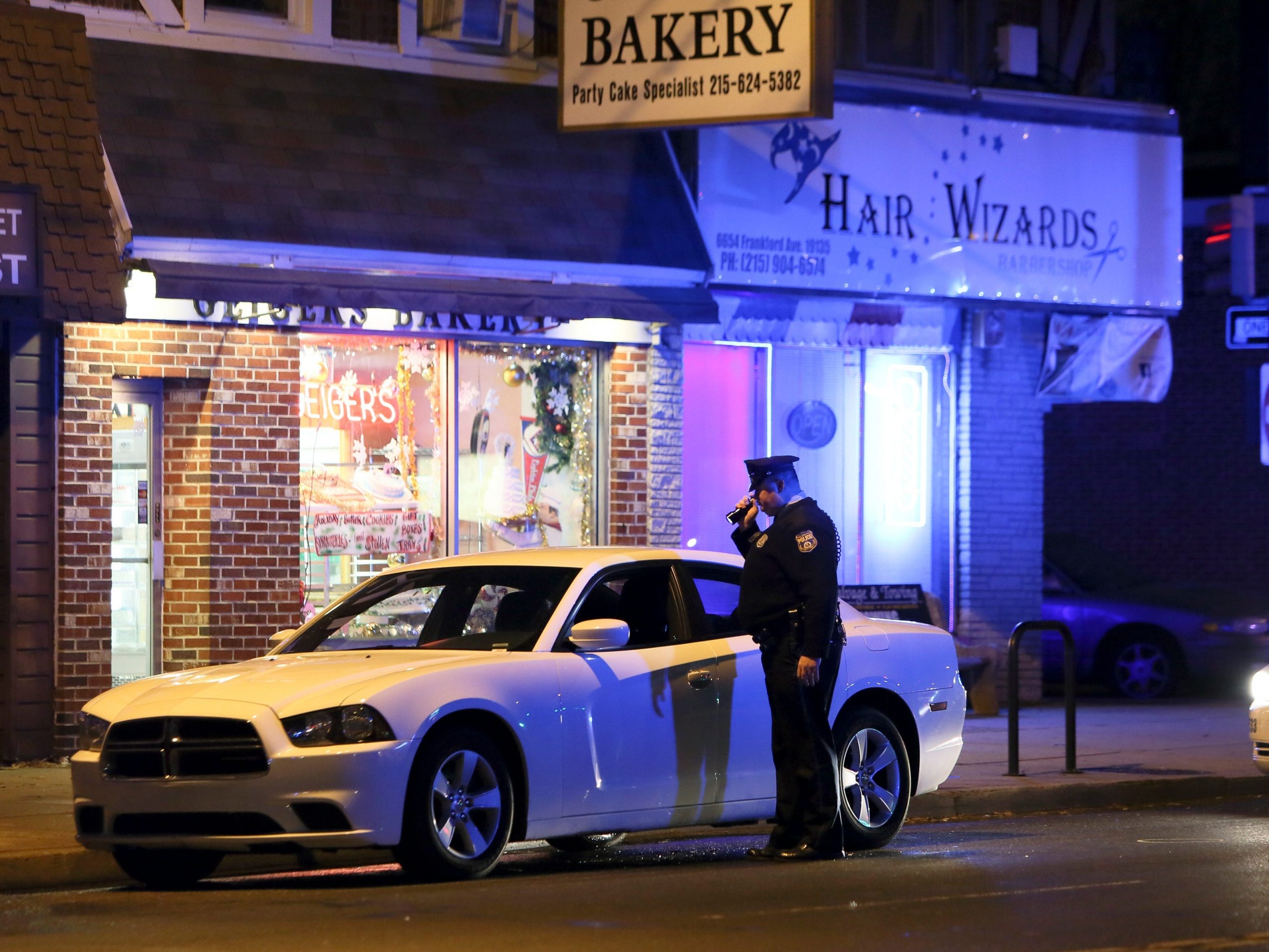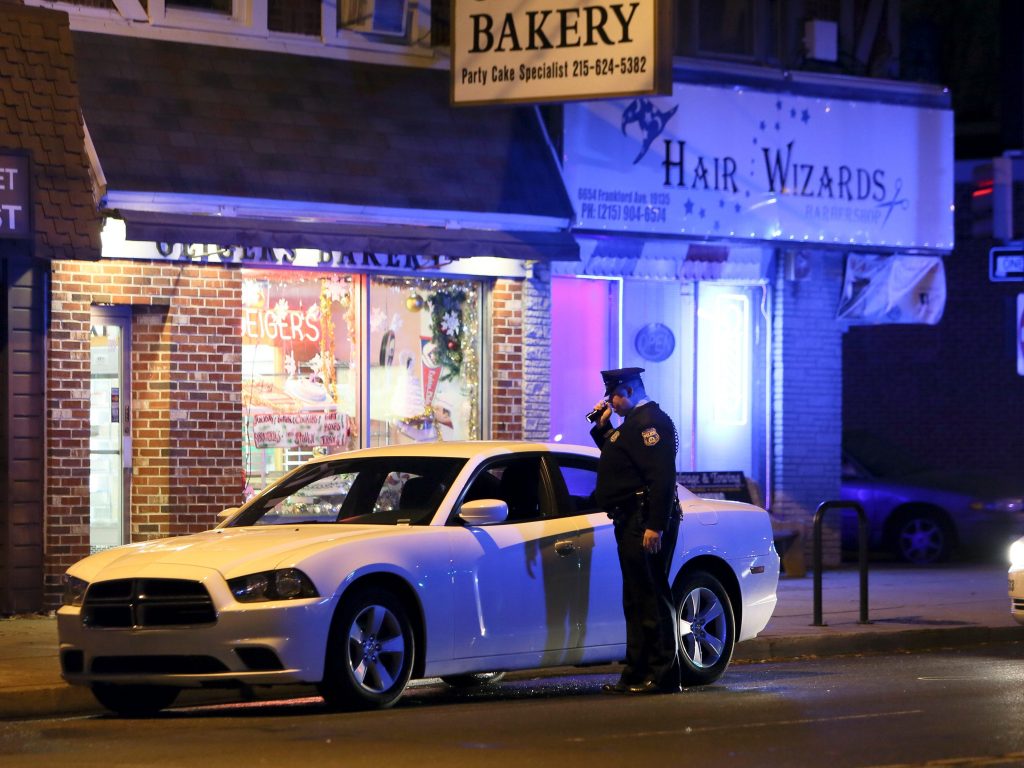
AP Photo/ Joseph Kaczmarek
- Several offenses, like improper display of registration, were reclassified under a new bill.
- Nearly 97% of police vehicle stops are for low-level violations, the Defenders Association said.
- Philadelphia is the first major US city to ban such stops, according to The Philadelphia Inquirer.
The Philadelphia City Council passed two bills that will create a public, searchable database of traffic stops and bar police officers from pulling over drivers for low-level motor vehicle offenses, a tactic that disproportionately impacted Black drivers.
One of the bills amended the city's Traffic Code to reclassify seven offenses, including broken taillights and improperly displayed registration stickers, as "secondary violations," The Philadelphia Inquirer reported. If a driver commits a secondary violation, police officers will issue a citation by mail rather than pulling over the offender.
Philadelphia is the first major US city to ban such stops, according to The Inquirer.
"Too many people who look like me, a traffic stop is a rite of passage – we pick out cars, we determine routes, we plan our social interactions around the fact that it is likely that we will be pulled over by police. By removing the traffic stops that promote discrimination rather than public safety, City Council has made our streets safer and more equitable," Philadelphia City Councilmember Isaiah Thomas, author of the Driving Equality bills, said in a statement.
Because approximately 97% of police vehicle stops are for low-level violations, the ban could lead to as many as 300,000 fewer police encounters each year, the Defender Association told The Inquirer.
Data from Thomas' office found Black drivers in Philadelphia accounted for 72% of police stops for vehicle code violations over the course of one year, while only 43% of the city's population is Black, The Inquirer reported.
Thomas amended the bill banning traffic stops for low-level motor vehicle offenses last week to provide the Philadelphia Police Department 120 days for training and education before its implementation, according to the city council's website.
The searchable traffic stop database must be developed within a year, according to the bill's text, and include driver and officer information, demographic and geographic information, and the reason for each stop.
"Data will tell us if we should end more traffic stops or amend how this is enforced. Data will also tell other cities that Philadelphia is leading on this civil rights issue and it can be replicated," Thomas said.
The bill has been sent to the desk of Philadelphia Mayor Jim Kenney to be signed into law.
